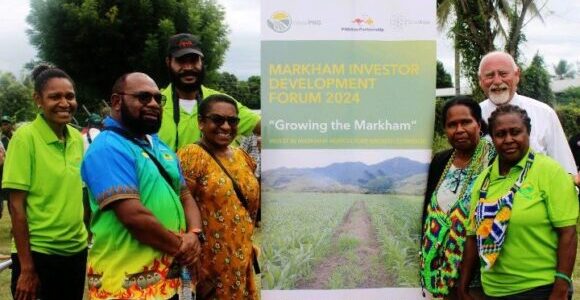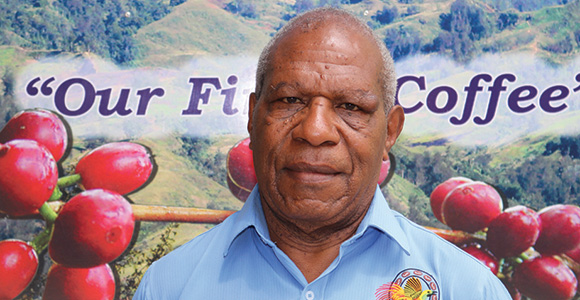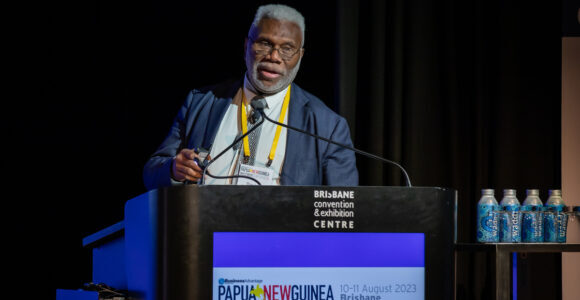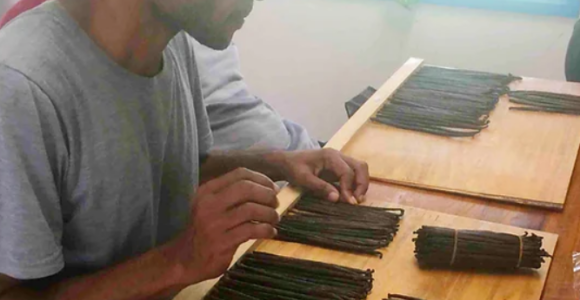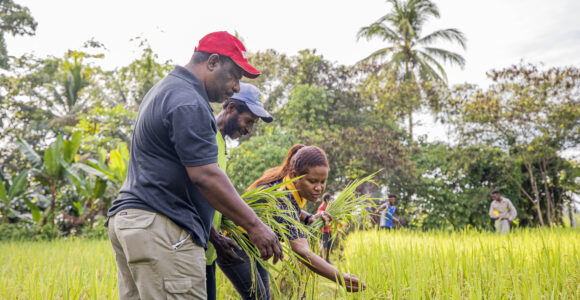Papua New Guinea cashing in on higher coffee prices
All-time high coffee prices are bringing benefits to Papua New Guinean coffee growers and exporters, but also some challenges, as business leaders in the sector tell Business Advantage PNG.
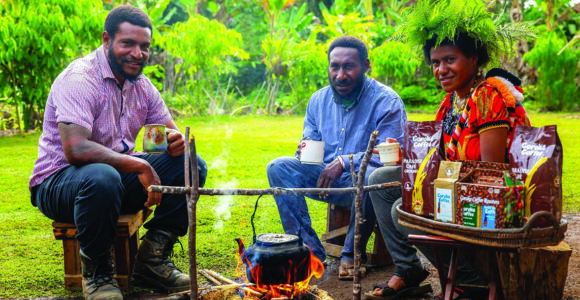
The PNG coffee industry is riding on a high. “Everybody in the industry is happy,” according to one exporter. Credit: Goroka Coffee Roasters
PNG’s coffee industry has been cashing in on a bull run which saw global prices hit all-time highs in early 2025.
The high prices have been “good for everybody,” says Jerry Kapka, Managing Director of Kongo Coffee, an exporter that sources its beans from smallholder farmers in Simbu and neighbouring provinces.
“Demand for PNG coffee remains good, but how can we bring that coffee to the market?”
“The coffee farmers are happy with the prices. Everybody in the industry is happy,” he tells Business Advantage PNG.
Similarly, Nicki Matthews, Operations Manager at Goroka Coffee Roasters, a family-owned company based in Eastern Highlands Province, says the high prices have had a positive impact on his business.
Strong demand
Coffee prices rose 70 per cent in 2024 and an additional 18 per cent in the March quarter of 2025, although they have fallen 12 per cent in the June quarter to date, according to Kina Bank figures. Adverse weather conditions in Brazil and Vietnam, the two largest coffee producers, have been largely responsible for the price increases.
Coffee is one of PNG’s three most important smallholder cash crops – alongside palm oil and cocoa – accounting for 12 per cent of provisional agricultural export revenues in 2024. According to the PNG Rural Survey 2023, around 55 per cent of households in the highlands produce coffee.
While PNG coffee continues to attract strong demand from Australia, Japan, the United States and Europe, the high prices have restrained this to an extent, according to Kapka.
“If prices come down, we will see more buyers come in. At this time, they are buying, but not in the kinds of volumes we would normally see.”
However, coffee scoring 85 points or more on the Specialty Coffee Association’s 100-point scale continues to find a market, according to Nellie Kavanamur Varmari, Founder of Central Mamina Coffee.
Critical crop
Varmari, who buys coffee from smallholder farmers from the mountains of PNG’s Southern Region, which she then roasts and sells to businesses in Port Moresby, says logistics is often the biggest barrier for farmers.
“People are still carrying coffee [by] crossing rivers and climbing mountains,” she tells Business Advantage PNG.
“Demand for PNG coffee remains good, but how can we bring that coffee to the market? That is our biggest need.”
While prices were good, PNG coffee production actually declined around 8 per cent in 2024, due to factors such as aging coffee trees, pest management challenges, and varying market access, according to Westpac.
However, Kapka predicts this year’s production will exceed that of the last three or four years, and he notes that his business is looking to expand from its heartland in the Highlands Region into Morobe Province.
“We are setting up to buy up volumes and increase our activities there, to look after our Morobe farmers,” he says.
“We’re based in the Highlands, where most of PNG’s coffee is grown. But Morobe also has good coffee grown inland and in higher-altitude areas.”
No matter where in Papua New Guinea coffee is grown, Kapka says it is critical to people’s livelihoods.
“Coffee is very important to the people in Simbu and other coffee-growing provinces. The money goes direct to people in the villages. It impacts on their lives, and that’s why we are happy to work with our farmers,” he says.


